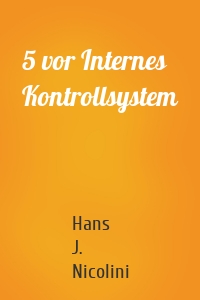
From Solidarity to Sellout скачать fb2
Tadeusz Kowalik - From Solidarity to Sellout краткое содержание
In the 1980s and 90s, renowned Polish economist Tadeusz Kowalik played a leading role in the Solidarity movement, struggling alongside workers for an alternative to «really-existing socialism» that was cooperative and controlled by the workers themselves. In the ensuing two decades, «really-existing» socialism has collapsed, capitalism has been restored, and Poland is now among the most unequal countries in the world. Kowalik asks, how could this happen in a country that once had the largest and most militant labor movement in Europe? This book takes readers inside the debates within Solidarity, academic and intellectual circles, and the Communist Party over the future of Poland and competing visions of society. Kowalik argues that the failures of the Communist Party, combined with the power of the Catholic Church and interference from the United States, subverted efforts to build a cooperative and democratic economic order in the 1990s. Instead, Poland was subjected to a harsh return to the market, resulting in the wildly unequal distribution of the nation's productive property—often in the hands of former political rulers, who, along with foreign owners, constitute the new capitalist class. Kowalik aptly terms the transformation from command to market economy an epigone bourgeois revolution, and asks if a new social transformation is still possible in Poland.
Скачать книгу «From Solidarity to Sellout» Tadeusz Kowalik
Чтобы оставить свою оценку и/или комментарий, Вам нужно войти под своей учетной записью или зарегистрироваться




